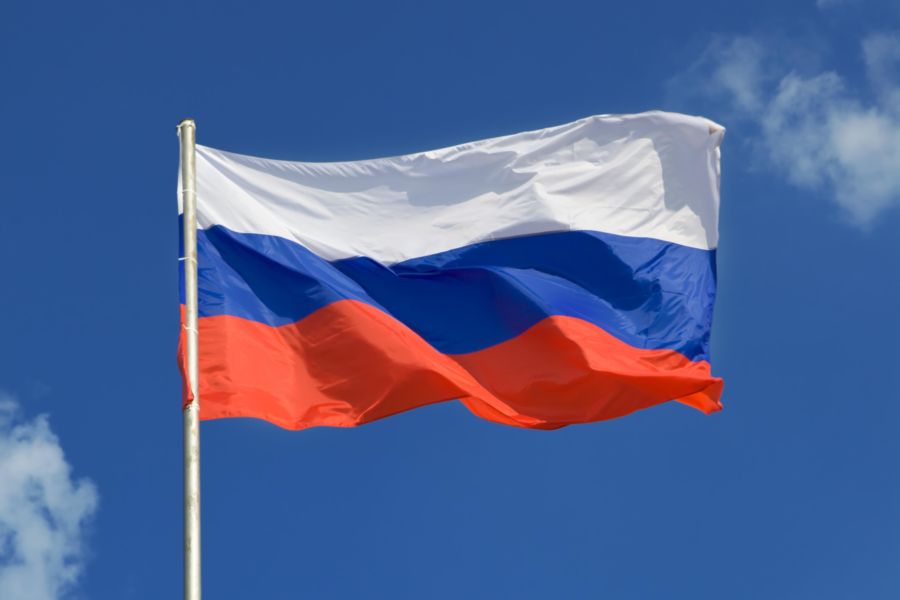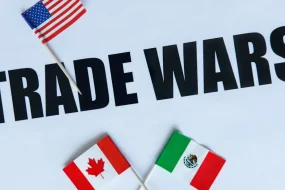
“A nation’s strength is tested by the weight of its burdens.”
In September 2024, international sanctions against Russia were reinforced, dealing another blow to its already embattled economy. The European Union passed its 14th sanctions package, adding stricter measures to curtail Russia’s ability to sustain its military operations and economy. The global ban, aimed at cutting off vital resources and technology, continues to squeeze Russia’s industries and financial institutions.
“Russia’s ability to circumvent sanctions will not be tolerated. We will continue to close every loophole, ensuring that our measures have maximum impact.” – Josep Borrell, EU’s High Representative for Foreign Affairs.
Russia has weathered these sanctions since the invasion of Ukraine in 2022, showing economic resilience despite significant pressure. However, as the scope of the sanctions widens, questions are emerging about how long the country can maintain this position.
Expanded Sanctions: Restricting Critical Sectors
The latest sanctions from the EU include new restrictions on the export of advanced technology, machinery, and vehicle parts, affecting €5 billion worth of exports to Russia. This adds to previous measures that already blocked key industrial components, including aviation equipment and military-related goods. Russia’s access to global financial systems, particularly through alternative networks like SPFS, has also been curtailed.
Furthermore, restrictions on Russian energy exports to Europe have intensified. The EU has prohibited the import of liquefied natural gas (LNG) to pipeline-connected terminals, targeting Russia’s energy sector—a critical lifeline for its economy.
Strategic Adjustments and Economic Survival
In response, Russia has shifted its focus to non-Western trading partners, particularly China and India. These countries have absorbed much of Russia’s oil and gas exports, with Russia offering discounts to maintain trade volumes. Despite this, the Russian economy faces challenges from falling global energy prices and growing competition.
Internally, Russia has adopted policies aimed at reducing dependence on Western imports, particularly through domestic production of food and consumer goods. However, replacing Western technology, especially in advanced sectors like semiconductors and aviation, has proven difficult. Russia’s inability to fully substitute these goods could threaten its long-term industrial capacity.
Financial Strain and Domestic Inflation
On the financial front, Russia’s ruble has struggled, depreciating significantly since the beginning of the war. Inflation continues to plague the economy, with prices of essential goods like food and medicine climbing. In 2023, inflation stood at around 12%, further straining the domestic economy.
The new sanctions also include financial restrictions targeting Russian institutions and individuals tied to the defense sector. As a result, Russia’s financial institutions are increasingly isolated from global systems, making it difficult to conduct international transactions.
Geopolitical Shifts and Long-Term Prospects
Despite efforts to diversify trade and stabilize its economy, Russia’s future under sustained sanctions remains uncertain. The International Monetary Fund (IMF) projects sluggish growth, with GDP expected to stagnate at around 1-2% annually. This level of growth will not be enough to offset the continued loss of access to critical markets and goods.
Additionally, sanctions on Belarus, Russia’s key ally, have been tightened to prevent goods from flowing through the country as a workaround. This limits Russia’s ability to bypass Western restrictions, narrowing its economic options.
How Long Can Russia Last?
While Russia has avoided an economic collapse, the cracks in its resilience are becoming more apparent. The sustainability of its current strategy, reliant on energy exports and domestic substitution, is questionable. As the war in Ukraine drags on, and sanctions tighten, experts warn that Russia faces an extended period of economic stagnation and isolation.
Without significant reforms or geopolitical shifts, it remains unclear how long Russia can endure the pressures of global sanctions, which are becoming increasingly comprehensive and difficult to circumvent.












